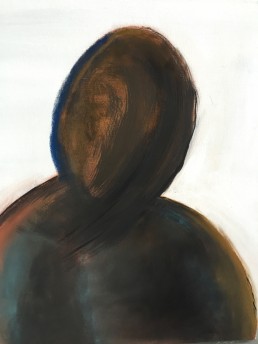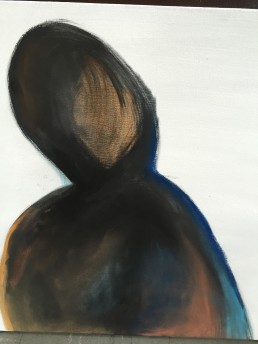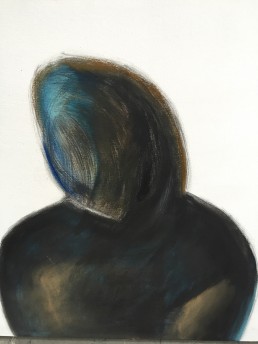STUPID KINDNESS
Statement
I was just old enough to become politically active during the time of the Shah. I was a teenager, born into a Muslim family, in the dusty capital of Iran’s Central Province. I was filled with a desire for justice and the conviction that ours could be a better society. In the first years after the Shah fell, it became clear that leftists and others were being targeted for torture, imprisonment, and execution. That’s when I fled the country, first to Pakistan and eventually to the Netherlands. The Netherlands became my new home and, almost immediately I came into contact with survivors of the Holocaust. They were my teachers and mentors. They were artists I respected.
I could feel something still haunting my new home. There was so much unspoken. As I struggled to understand my own country’s recent past and my new country’s culture, I found that I was turning to survivors of the Holocaust and the history of World War II for answers.
Stupid Kindness is a series of paintings and drawings inspired by research into the Holocaust.
The title is taken from Vassily Grossman’s book Life and Fate:
“This kindness, this stupid kindness, is what is most truly human in a human being. It is what sets man apart, the highest achievement of his soul. No, it says, life is not evil!”
As the years passed in Europe, Kamran became more and more curious about the history of World War II and the Holocaust. He began reading everything he could get his hands on, from books by Elie Wiesel and Vassily Grossman to the more recent novel The Kindly Ones.
Kamran initiated series of conversations with experts and survivors. What he learned from this research took root in his imagination, forcing its way onto canvas in a series of paintings and drawings.
In these images we feel anguish and horror, despair and hope, anger and survival. The landscape is on fire. The portraits are marked by terror, surrender, and exhaustion.
It sometimes feels as if the history of the Holocaust and the memories of its victims are a virus that have burned themselves into our very souls. As if their memories have become ours. As
Elie Wiesel wrote:
“It is not always events that have touched us personally that affect us the most.”


